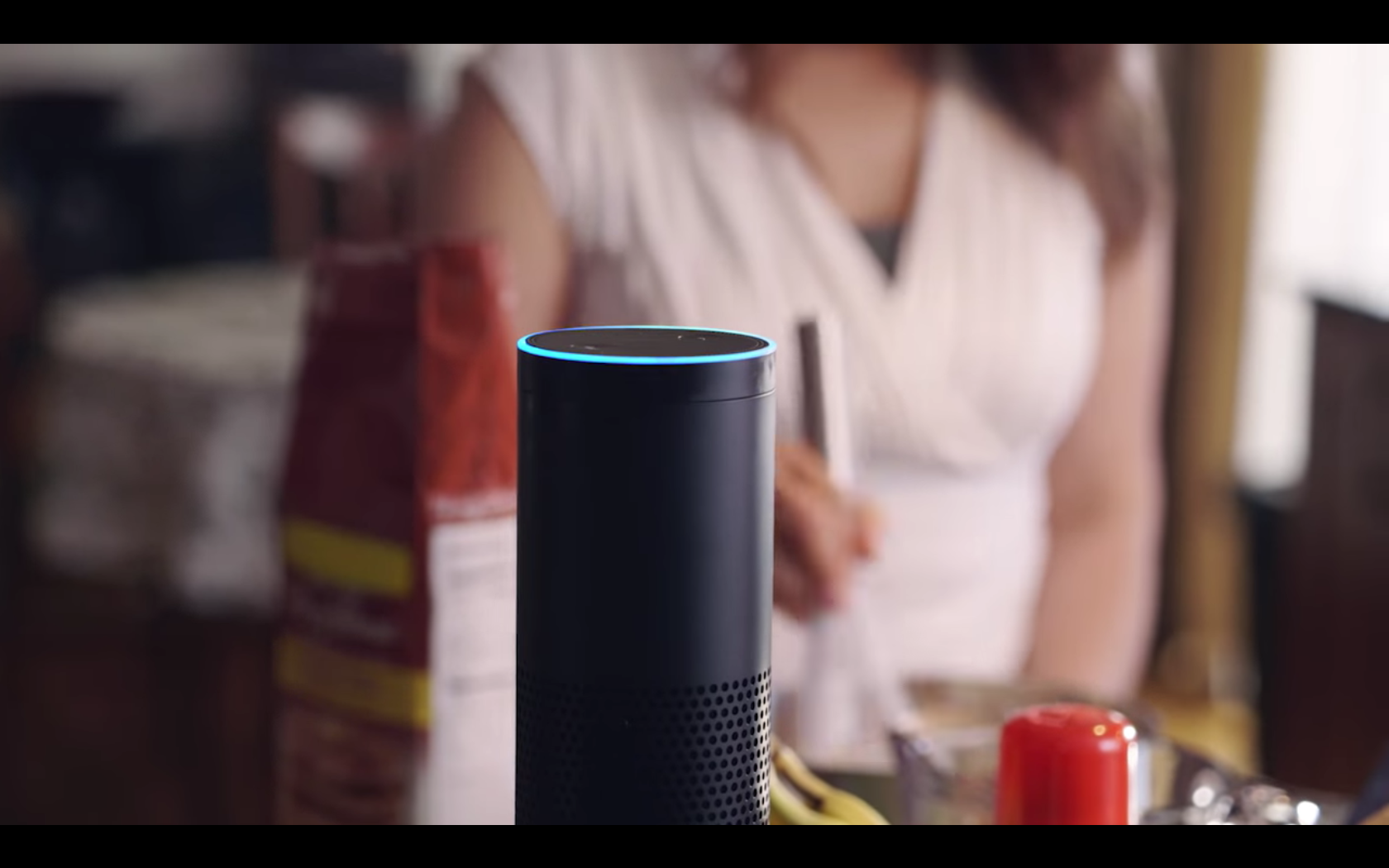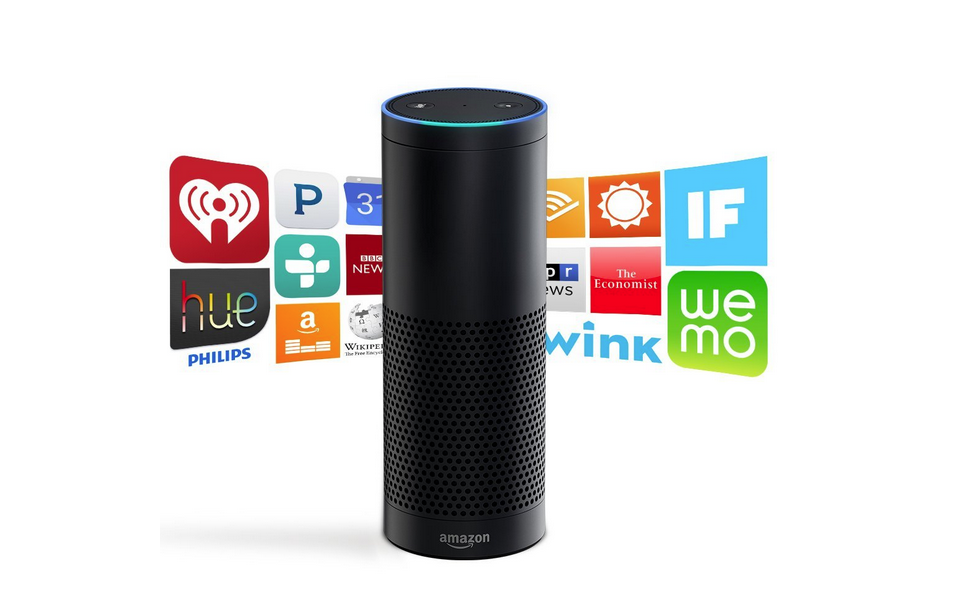In two weeks, Apple is expected to announce a new Apple TV set-top box, but this will be more impactful than just an upgrade to their “hobby”: the new device will serve as the cornerstone in Apple’s emerging IoT strategy. There’s a mounting battle for control of our homes, and entertainment plays to Apple’s home field advantage.
An Apple TV App Store will let a thousand streaming services bloom, and a new OTT slim channel bundle will debut in the spring. A key component of the entertainment platform will be a video-focused expansion of iAds, a turnkey solution for ads within any TV app, targeted using Apple’s rich user data. Entertainment will be the Trojan horse that gets Siri, HomeKit, and HandOff into our living rooms making the new Apple TV an always-listening hub, and providing a beachhead for connected devices within our homes.
After living with an Amazon Echo, I can attest to the significant appeal of an always-on voice interface. The Echo, and Alexa, are strong entry points into the home for Amazon, especially with an open API, and near-weekly updates to its capabailities. But because Amazon is operating largely outside the smartphone ecosystem, Alexa can’t send a text, or pause Netflix when someone calls — troublingly, she’s even disconnected from Amazon’s Fire TV. Apple and Google’s existing ecosystems will help, here, in ways that Amazon will struggle to match.
What Amazon does have, though, are millions of products, and Alexa can help you buy them. That’s convenient, but it belies Amazon’s even simpler vision for shopping, the Dash platform. Comprised of both a set of buttonsand an API, Dash allows you to purchase household staples with the tap of a button — a button which will eventually be subsumed into our devices directly, allowing them to re-order supplies as needed. It’s a critical component of our connected home which Amazon is uniquely positioned to deliver. But when coffee buys itself, brand loyalty takes on a whole new meaning, and CPG companies will need to spend mightily to acquire users up front, before a competitor becomes the default.
We also just gained some clarity into Google’s plans for the connected home. Despite having several TVproducts, as well as an entire line of home devices in Nest, Google has launched the OnHub wifi router, which also supports several connected home protocols. On is a new home brand for Google, with the Hub being the first product. With Nest providing ad-free, premium devices, On is free to experiment with lower cost options that are subsidized by advertising. It might work like Kindle Special Offers: pay full price, and use your network like any other, or have Google outfit your entire connected home at a discount, and allow On Hub to serve targeted ads based on the browsing behavior of each device on your network.
From fifty thousand feet, our admirals are moving their troops into position for the coming battle: Google wants to getting you and keeping you online, so the cornerstone of their home platform is a router. Amazon is tackling the home directly with the Echo, and through commerce with the Dash platform. And Apple, with a business built on taste and culture, is entering the home through entertainment. Notably absent is Microsoft, whose strategy whiplash with the Xbox One has left them without a foothold in the connected home, and Facebook, who will likely be content to ride Apple and Google’s coattails, at least for the time being.
With starting positions in connectivity, commerce, and culture, we’re about to witness a fierce battle to define the connected home, and, in a larger sense, what “home” itself will come to mean in the future.
A version of this story originally appeared on MediaPost IoT Daily.




